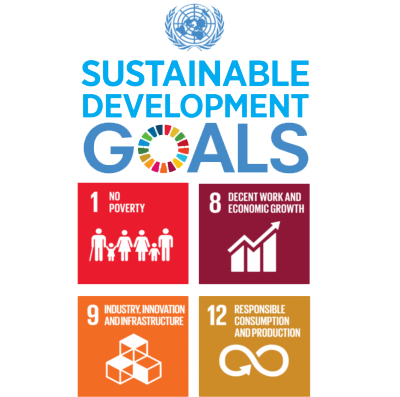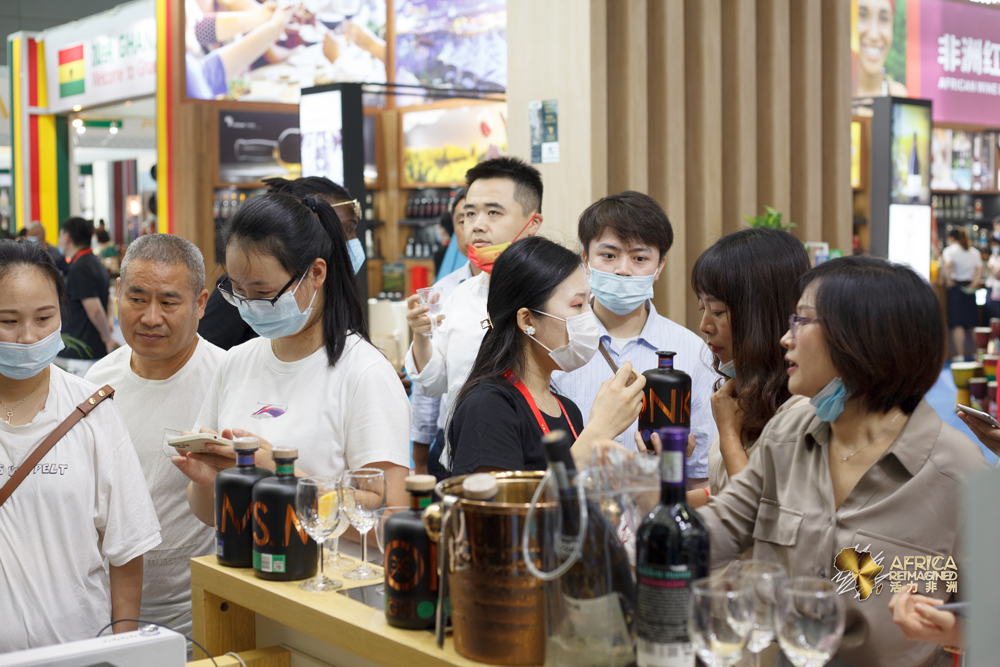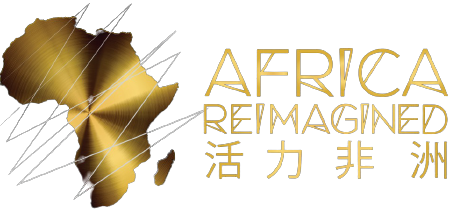About Us
About Africa Reimagined
 AR is a flagship program of Development Reimagined, an international development consultancy headquartered in Beijing and with offices in Kenya and the UK. We are also the first wholly owned Kenyan company in China.
AR is a flagship program of Development Reimagined, an international development consultancy headquartered in Beijing and with offices in Kenya and the UK. We are also the first wholly owned Kenyan company in China.
Our global team of professionals has a wealth of experience consulting on development issues with clients in the China-Africa space and beyond, including UN institutions, African and Chinese government departments, private sector businesses from around the world, and civil society organisations, in addition to our team of China market experts at AR.
We are also unique in the fact that we understand the realities of both growing a SME in China and in Africa. This means we are a genuinely supportive team that is passionate about helping our clients succeed in what will soon be the world’s largest economy.
About Us
- Africa Reimagined (AR) is a China market entry service platform and consultancy. We provide services for specifically premium and sustainable African brands that keep their entire supply chain and value-added within Africa.
- Our China market entry and consultancy services are designed to equip you for entry into the competitive Chinese market to help ensure you can unlock this new sector of growth and consumers. We start by offering you a free consultation with our expert team so that we can tailor all our services to fit your brand and your China market entry objectives.
- AR is a flagship program of Development Reimagined, an international development consultancy headquartered in Beijing and with offices in Kenya and the UK. We are also the first wholly owned Kenyan company in China.
- Our global team of professionals has a wealth of experience consulting on development issues with clients in the China-Africa space and beyond, including UN institutions, African and Chinese government departments, African ambassadors in China, private sector businesses from around the world, and civil society organisations. Thus, in addition to our AR’s team of China market experts, we also have an international team from a variety of fields and diverse backgrounds that give us in-depth understanding of the Chinese market and the China-Africa relationship.
- We are also unique in the fact that we understand the realities of both growing a SME in China and in Africa. This means we are a genuinely supportive team that is passionate about helping our clients succeed in what will soon be the world’s largest economy.
Our Mission
Africa Reimagined’s mission revolves around cultivating sustainable, impactful development through helping high-end African brands, who keep the value-added within the African continent, to enter the vast and growing Chinese market. We are re-defining the development field by focusing on real people, real impacts, and real change.
We believe that empowering African brands will contribute to breaking the poverty cycle and establish a prosperous future. Our mission is interlinked with the Sustainable Development Goals, to tackle poverty in its variety of forms. The work will primarily support the achievement of the following four SDGs, but with spillover effects, more are likely to be touched upon.
We are also working to help Chinese consumers to reimagine African goods. Bringing modern, high-end African goods into Chinese e-commerce shops and expos means we can changing perspectives of what African products are like. The African brands that we have supported with entering the Chinese market are showing Chinese consumers that Africa is much more than a source raw materials but also complex, innovative and premium products.

Why China?
China presents an enormous opportunity for African businesses. In under three decades, over 850 million Chinese were lifted out of poverty, promoting a modern commercial environment. China is steadily becoming a crucial market for categories geared toward consumers with higher incomes. By 2030, it may be home to about 400 million households with upper-middle and higher incomes—roughly as many as in Europe and the United States combined. Over the next five years, it is estimated that the number of millionaires in China may double, from around five million today to ten million in 2025. It is already responsible for over a third of global luxury goods purchases, far more than any other country.
Furthermore, despite the global economic downturn and sluggish consumption, retail and e-commerce sales are still climbing rapidly in China. For example, e-commerce sales are set to increase to $2.9 trillion in 2023, an increase of 9.3% from 2022 and could almost double to $4 trillion in 2027. Thus, China is already, and will be, a key export market for African countries as most other regions of the world grapple with economic recovery.
China presents an enormous opportunity for premium African businesses. China has the world’s largest e-commerce market and its rapidly growing cross-border e-commerce industry also means that it is becoming much cheaper and easier for African brands to sell in the Chinese market without going through the costly and lengthy processes of opening a physical entity in China.
China is also Africa’s biggest trading partner, accounting for over 20% of the continent’s exports. Trade between China and the continent is also one of the fastest trade relationships in the world. However, there remains a large trade deficit. And the majority of African exports are raw natural resources, which means African countries are missing out on value-added profits. Due to the nature of this trading pattern, there are few high-end African products available in China, leaving an opening in the market for African businesses. Utilising this market opening during its early stages could bring large benefits in market shares and profits, particularly to early movers.
Why China?
China presents an enormous opportunity for African businesses. In under three decades, over 850 million Chinese were lifted out of poverty, promoting a modern commercial environment. China’s consumer market is predicted to increase by 12% year-on-year, to a total value of $8.4 trillion by 2022 and it is already responsible for over a third of global luxury goods purchases, far more than any other country.
Furthermore, despite the global economic downturn caused by COVID-19, the Chinese economy was the first to recover with its 6% annual growth goal in reach. Retail sales also still rose by 12.1% in June 2021 on from a year ago, which was more than the expected 11% level forecast. Thus, China is already, and will be, a key export market for African countries as most other regions of the world grapple with economic recovery.
China presents an enormous opportunity for premium African businesses. China has the world’s largest e-commerce market and its rapidly growing cross-border e-commerce industry also means that it is becoming much cheaper and easier for African brands to sell in the Chinese market without going through the costly and lengthy processes of opening a physical entity in China.
China is also Africa’s biggest trading partner, accounting for over 20% of the continent’s exports. Trade between China and the continent is also one of the fastest trade relationships in the world. However, there remains a large trade deficit. And the majority of African exports are raw natural resources, which means African countries are missing out on value-added profits.
Due to the nature of this trading pattern, there are few high-end African products available in China, leaving an opening in the market for African businesses. Utilising this market opening during its early stages could bring large benefits in market shares and profits, particularly to early movers.

Meet the Team
Our services are operated by a team of Chinese market entry specialists and consultants who are on hand to both support and advise you throughout your journey into the Chinese market.
Our global, multilingual team have a wealth of experience consulting on both the Chinese market and development issues with clients in the China-Africa space and beyond, including private sector businesses from around the world, UN institutions, African and Chinese government departments, African ambassadors in China, and civil society organisations.













